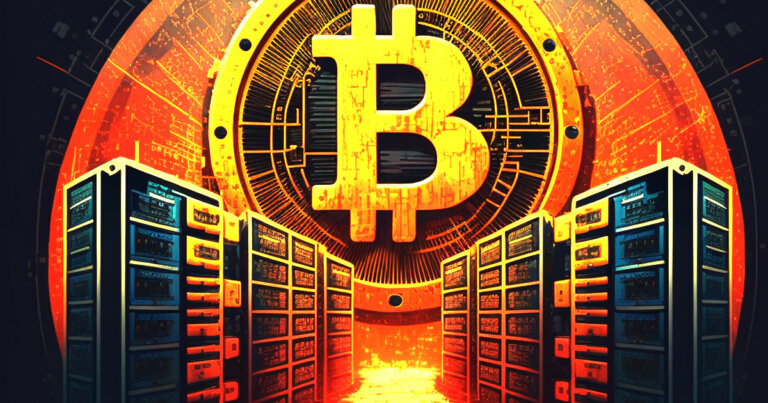 Texas bill seeks to eliminate incentives for Bitcoin miners
Texas bill seeks to eliminate incentives for Bitcoin miners Texas bill seeks to eliminate incentives for Bitcoin miners
Senate Bill 1751 is sponsored by Texas State Senator Lois Kolkhorst and went through a public hearing on March 28.

Cover art/illustration via CryptoSlate. Image includes combined content which may include AI-generated content.
A new Texas Senate bill is looking to eliminate the incentives put in place to attract cryptocurrency miners to the Lone Star state.
Texas has seen a boom in miners since the tax abatements were put in place and growth is projected to continue spiking. Mining power consumption is up 75% over the last 12 months despite concerns over high energy prices, according to the Texas Blockchain Council.
Senate Bill 1751
Senate Bill 1751 is sponsored by Texas State Senator Lois Kolkhorst and went through a public hearing on March 28 that included testimony from experts for and against the bill.
The bill’s status is now “left pending in committee.”
Under the bill, miners would no longer be allowed to participate in the state-run demand response program for electric power, which currently rewards miners for giving power back to the grid when demand is high.
The bill would also eliminate the tax incentives and subsidies that are currently in place for crypto miners.
Industry proponents opposed
However, industry proponents argue that removing these incentives will have an adverse effect on the industry. Members of the Texas Blockchain Council testified in front of the Senate and claimed that the subsidies had resulted in thousands of jobs through the mining industry and should not be removed.
Additionally, they touted the benefits of the mining industry and how it has been helping the state with its power needs.
They also argued that placing limits on miner participation in state-run demand response programs will lead to a rise in the price of these ancillary services for the state as miners “drive down” the cost because they are extremely responsive and price sensitive.
Limits on participation would reduce demand and result in fewer people offering low-cost services to the state.
Texas Blockchain Council’s director of Business Development, Kristine Cranley, said the mining industry is building out the wind and solar infrastructure in Texas and also serve as buyers of last resort for that kind of energy.
Additionally, Cranley said the industry is “uniquely capable of addressing the needs of the grid” as it can be turned on and off almost instantaneously. She added that this trait helped the state get through the last winter storm, where miners redirected their power generation to homes in need.
Incentives no longer necessary
Kolkhorst believes the incentives and subsidies put in place to attract cryptocurrency miners to Texas are no longer necessary as large-scale growth in the sector is expected regardless.
She said during the testimony that the bill is meant to “right-size” the industry, which no longer needs the assistance provided via these incentives.
The bill is not a “punitive” one, according to Kolkhorst.




















































